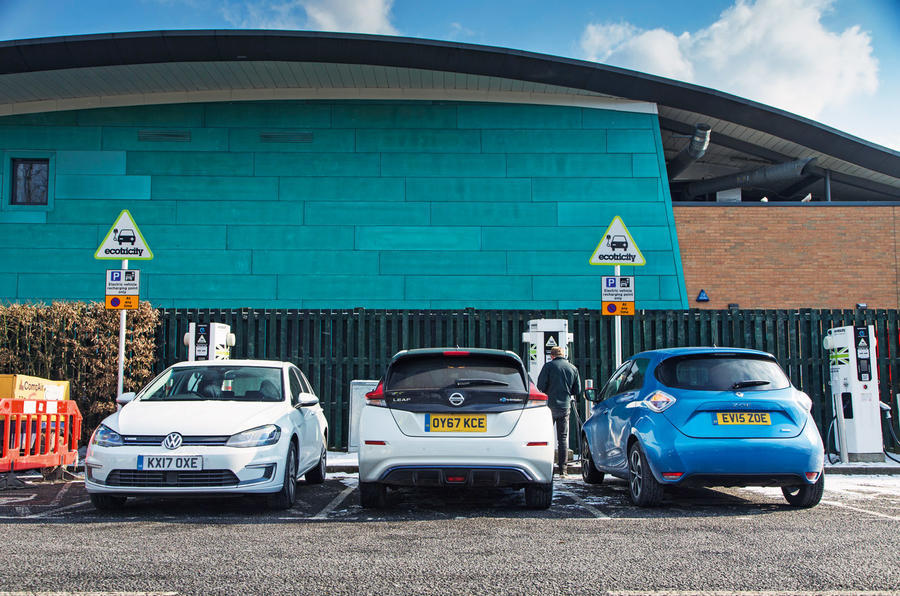The Labour Party has put forward a plan to accelerate electric vehicle (EV) uptake across the UK, including providing interest-free government loans for buyers.
Shadow business secretary Ed Miliband has outlined three ways that a Labour government would usher in an “electric vehicle revolution”.
First, the ex-Labour leader promised to provide interest-free loans to help working-class and middle-class households afford EVs and called for the UK government to introduce these loans within two years.
Second, Miliband said Labour would invest in three more electric vehicle battery gigafactories for the UK by 2025.
Finally, he committed to accelerating the roll-out of electric chargers, especially in the north of England, where chargers are currently sparse.
He said: “To back the car industry and create jobs, Labour would bring forward ambitious proposals to spark an electric vehicle revolution in every part of the country.
“By extending the option to buy an electric car to those on lower incomes and accelerating the roll-out of charging points in regions that have been left out, we would ensure that everyone could benefit.”
Labour’s proposals act as an implicit rebuke to the green efforts of the current Conservative government.
The government's radical move to ban sales of all new ICE cars by 2030, although superficially attractive, has been criticised across the car industry for being ill-thought out and potentially damaging.
Similarly, while prime minister Boris Johnson has championed the funding of other initiatives such as a £20 million competition to increase EV innovation, announced earlier this month, the reality is that much of these funds have already been allocated and are recycled from Theresa May’s previous government.
Industry figures have been raising questions about the cost of EVs for some time, a problem that looks set to worsen as the government this week downsized its plug-in car grant, which helps make EVs more affordable, from £3000 to £2500.
The current lack of a gigafactory in the UK is also a problem. Last year, then Jaguar Land Rover CEO Ralf Speth said: “If batteries go out of the UK, then automotive production will go out of the UK.”
Labour’s proposals have been warmly received, particularly its call to build more gigafactories. SMMT boss Mike Hawes said: “We have a strong and world-renowned automotive industry. It's not the biggest, but it's synonymous with quality, premium and high engineering excellence.





Join the debate
Add your comment
It is all very well Labour saying they would build 3 gigafactories but they are putting the cart before the horse. Who is going to buy the batteries, especially from manufacturers who have no track record. I guess by now all the big car manufacturers have battery partners and that factories are already being built on mainland Europe close to the car assembly plants and the rest of the supply chain. I fear the UK's continuing lack of business strategy means that the Govt and opposition have again woken up 10 years too late. I am an EV owner and supportive of the technology but to me it seems absolutely crazy to bring forward the ban on ICE cars - ahead of the main markets in the EU - when UK manufacturers are so ill equipped to make the switch.
I'm not a Labour supporter but these seem liken reasonable ideas.
Interest free loan for lower earners? You can guarantee the car dealer will then charge full price (just like the cycle to work scheme) so often it's better to negotiate a deal yourself. But I still can't see how making a £40K (inc interest) car cost about £36K makes it more affordable in the real world!